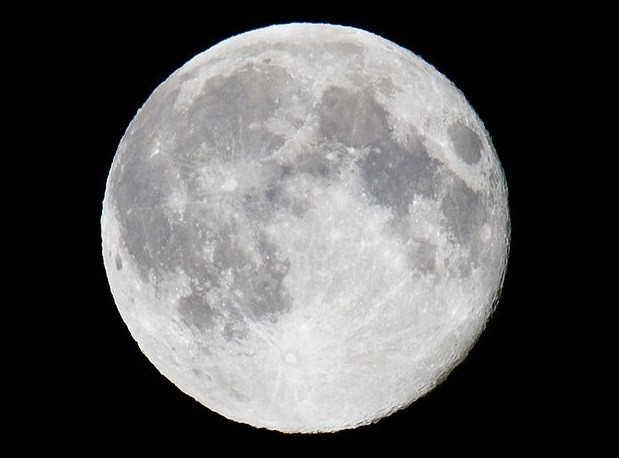China to Launch Mission to Moon in December

China is planning to launch a moon vehicle this weekend which could become the first craft to touch down on the lunar surface since a Russian mission in 1976.
No human has set foot on the moon since America's Apollo programme ended 40 years ago, but China is taking a massive stride in the space race by launching robotic probes in search of valuable rare metals on the moon's surface.
America long ago abandoned plans to revisit the moon and US President Barack Obama significantly scaled back plans for a new generation of lunar rockets in 2010. This presented an opportunity for other nations to gain the advantage, which has now been seized by the Chinese.
A Chinese rocket carrying the probe is scheduled to blast off on Sunday 1 December from the Xichang Satellite Launch Centre in Sichuan Province, 10 years after China first sent a man into space.
The Chang'e 3 lander will touch down in a volcanic crater in mid-December and then roam the lunar surface for 90 days, probing the moon's geology and taking images that will be shared with scientists at the European Space Agency.
Despite China's collaborative approach, researchers from the usually secretive Chinese space programme who spoke to the UK press this week made their intentions to take the lead in long-term moon exploration clear.
Speaking to the BBC, Professor Ouyang Ziyuan, a researcher in lunar and deep space exploration and an adviser to the Chinese lunar mission, said the moon is a potentially rich source of rare elements such as titanium and uranium, and set out a three-point strategy for China's lunar exploration programme:
"First, to develop our technology because lunar exploration requires many types of technology, including communications, computers, all kinds of IT skills and the use of different kinds of materials. This is the key reason.
"Second, in terms of the science, besides Earth we also need to know our brothers and sisters like the moon, its origin and evolution and then from that we can know about our Earth.
"Third, in terms of the talents, China needs its own intellectual team who can explore the whole lunar and solar system - that is also our main purpose."
Professor Ziyuan has in the past been vocal in his opinion that a fully fledged moon exploration programme is needed to boost China's "international prestige".
In an interview in 2006, Ziyuan said: "Lunar exploration is a reflection of a country's comprehensive national power. It is significant for raising our international prestige and increasing our people's cohesion."
The scale of the Chinese plans will prompt speculation about the limits of China's ambitions, and whether subsequent probes could pave the way for the establishment of a Chinese moon base. Some experts have predicted that China could have astronauts on the lunar surface by 2025.
© Copyright IBTimes 2025. All rights reserved.





















